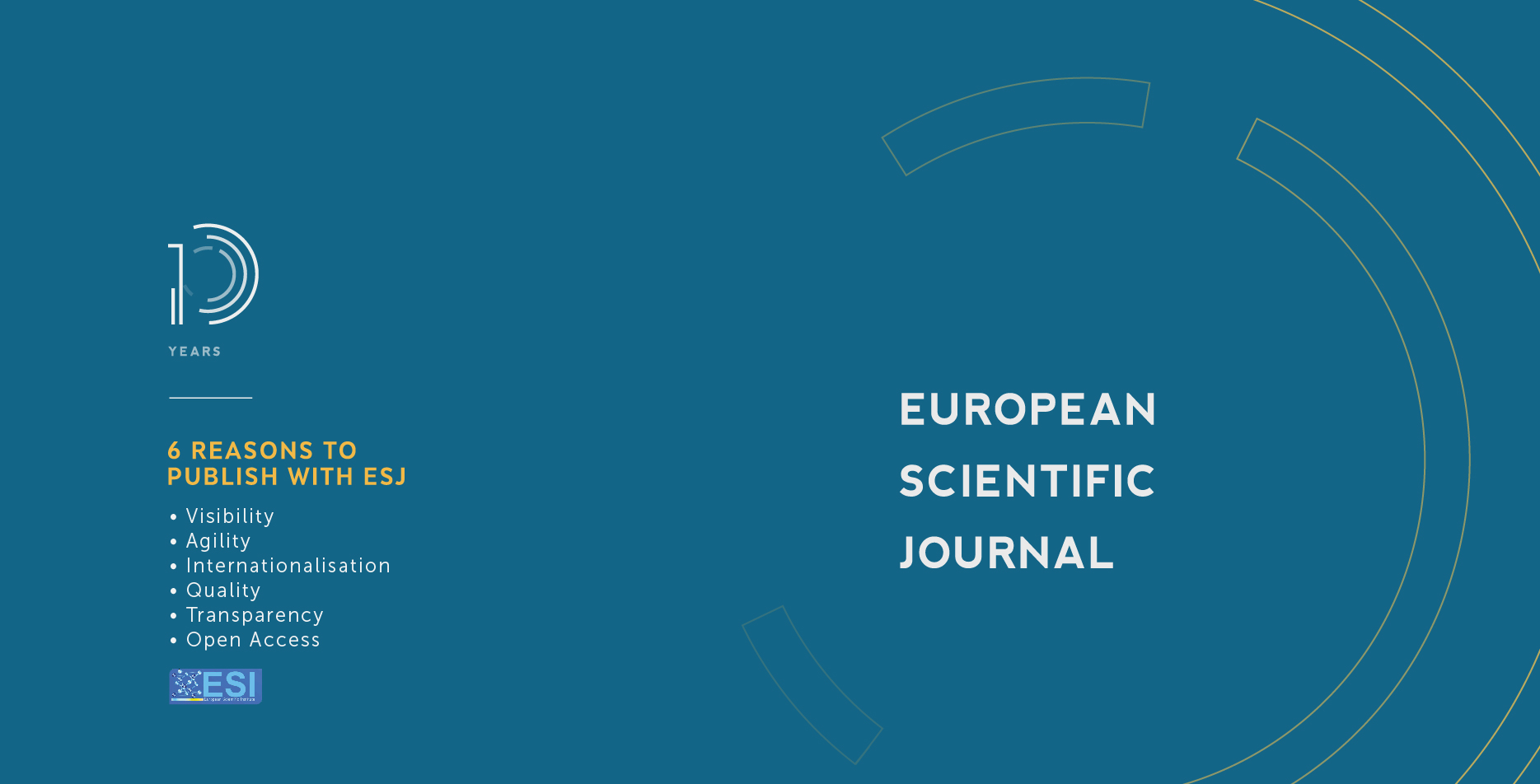Financial Behaviour and Retirement Planning in Kenya, Assessing the Role of Self-Control Bias
Abstract
The shift towards defined contribution schemes is forcing employees to take personal responsibility for securing their future through intentional retirement savings. Financial behavior may have a significant bearing on whether employees meet their contributory retirement obligations while avoiding financial distress. Utilising a cross-sectional research design and data from pension scheme members in Kenya, the study evaluates the interaction of self-control bias. The binary logistic regression results showed that financially disciplined individuals are 1.634 times more likely to plan comprehensively for their retirement, while the interaction results suggest that individuals with self-control bias are 0.502 times less likely to be comprehensive retirement planners even if they are already financially disciplined. The findings imply that financial discipline coupled with selfcontrol is necessary for retirement planning. The use of behavioral change interventions is recommended in financial education initiatives in order to inculcate both desirable financial behavior and self-control attributes in planning for retirement.
Downloads
PlumX Statistics
Copyright (c) 2021 Cynthia Stella Waga, Florence Memba, Jane Muriithi

This work is licensed under a Creative Commons Attribution-NonCommercial-NoDerivatives 4.0 International License.








